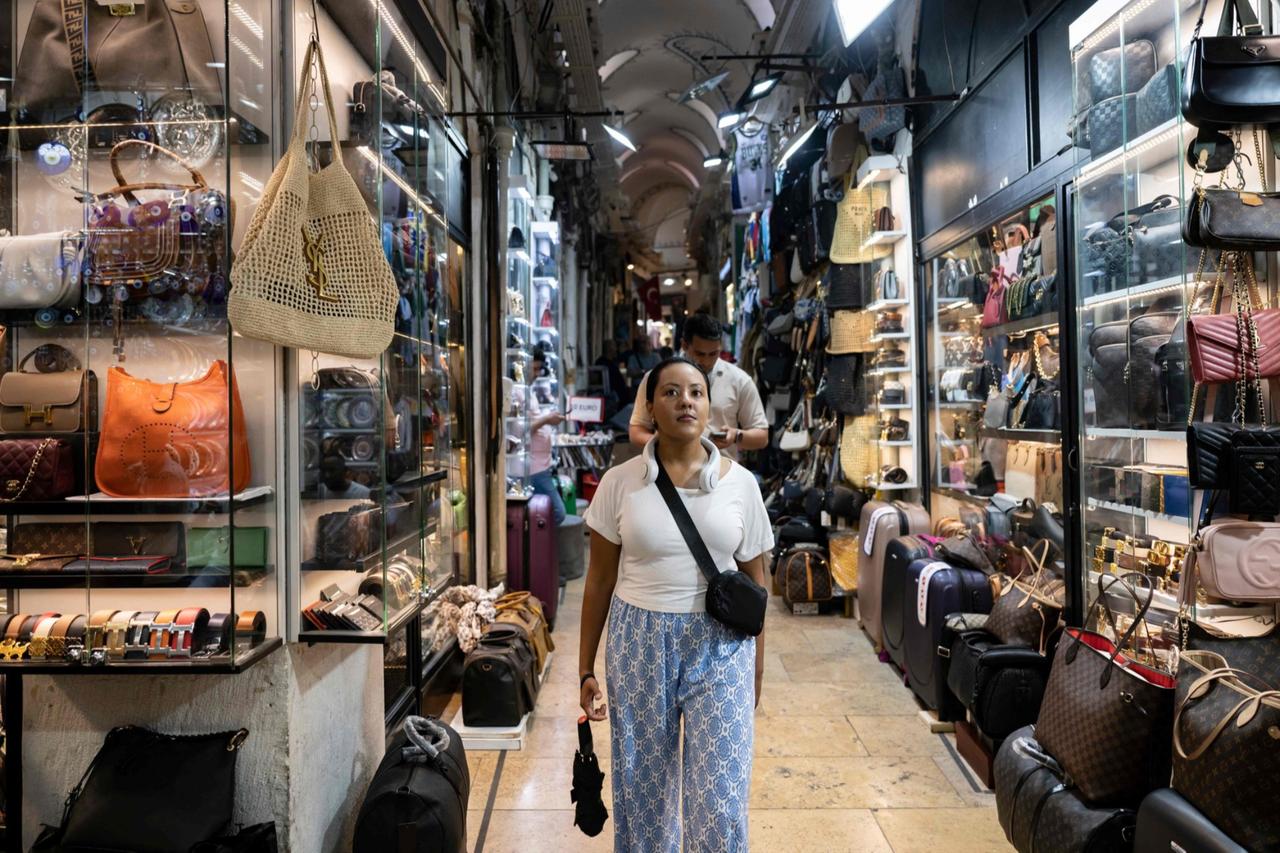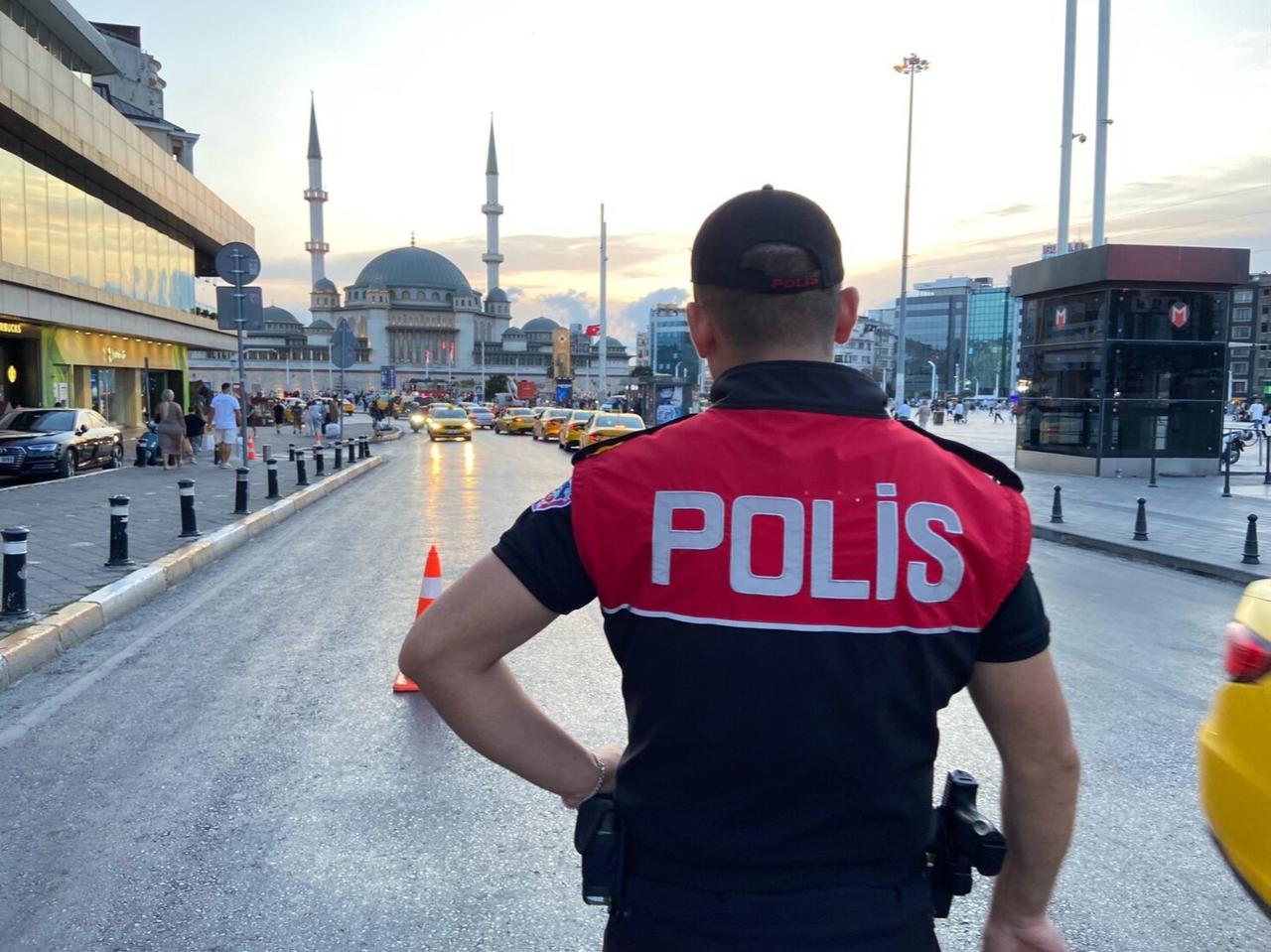
The Istanbul Governorship has introduced new measures to curb aggressive salespeople who earn commissions by bringing in tourists and often approach or harass them. Businesses in tourist areas will now be required to install audio and video cameras monitoring their storefronts and surroundings.
The directive, signed Thursday by Governor Davut Gul, was sent to relevant institutions and organizations. It emphasized that Istanbul, with its rich historical and cultural heritage, hosts millions of domestic and foreign tourists each year, and that ensuring their safety and comfort is essential for public order and the city’s international image.
The circular said behaviors by such salespeople—pressuring, harassing, or coercing visitors into entering shops—damage both Istanbul’s tourism reputation and the overall image of local businesses, while also threatening tourists’ sense of security and peace.
The directive cited legal provisions allowing administrative penalties for such conduct, including Article 37 of the Misdemeanors Law No. 5326, which stipulates fines for disturbing others to sell goods or services, and Article 8(f) of the Law on Police Duties and Authority No. 2559, which allows temporary business closures of up to 30 days for disturbing customers or the public.

To promote transparency, prevent false complaints, and build trust between citizens and business owners, a series of new measures was introduced, including:
Offering refreshments, product samples, or engaging in physical contact or blocking pedestrians outside business premises is prohibited.
Even within shops, loud, insistent, or aggressive attempts to attract customers will not be tolerated.
Penalties for business closures will escalate with each violation—three days for the first offense, five for the second, and ten for the third.
The circular called for cooperation among tradespeople in line with professional ethics and instructed local chambers of commerce and trade associations to inform their members of the new rules.
It also urged district governors and supervisory authorities to enforce the directive rigorously and ensure no irregularities occur during inspections.